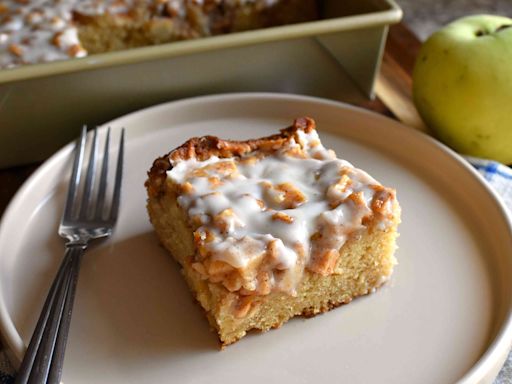Search results
Dec 25, 2012 · The meaning in particular cases is often clear from the context. Christmas eve eve appears to be a colloquial form used to refer to the 23rd of December: There is a UD entry for Christmas Eve Eve . Its 6k plus up thumbs probably make it worth a look. The day before Christmas Eve, 2 days before Christmas.
Oct 7, 2014 · Our holidays in Melbourne was great! There is a disagreement between the subject (plural) and verb (singular). "Holidays" while normally a plural, can indeed be used to refer to a single period of holiday, though not usually in the context you've given. An example of this usage might be:
Feb 6, 2016 · "Thanks" is a more casual way to say "thank you". You say "thanks anyway" when you've asked someone for help, but they are unable to help you.
Apr 24, 2011 · I grew up in the midwest—small town, rural area in the 1950's. The meal in the morning was always breakfast. The meal in the evening was always supper. The mid-day meal was either lunch (a light meal, maybe a sandwich and soup) or dinner (large, like Sunday Dinner or Thanksgiving dinner).
Jun 5, 2012 · When you congratulate someone on something you give them your good wishes because something special or pleasant has happened to them, e.g. "I'd like to congratulate you on your marriage". When you congratulate someone for something you praise them for an achievement, e.g. "I'd like to congratulate the staff for their good job".
Jan 13, 2014 · It is not redundant because "many" and "more" do not mean the same thing. It is simply longer. "More" and "longer" or "better" for example is not grammatically correct because they both serve the same meaning, but many and more do not mean the same
Yes, many use that way, also in "Best Regards". But, especially if we're talking about some official/formal email, I'd suggest to write according to the normal rules of orthography. In that case, write them like this: " Best regards ", " Thanks and regards " or " Yours faithfully ", etc. Share. Improve this answer.
Apr 25, 2012 · 26. "Here's to ..." is a phrase used when making a toast. It means "Here is a toast to ...", at which point it is customary to raise your glass. The phrase has a life of its own, used by a speaker or writer expresses a situation that calls for a toast-like salute to something. The "Here is" part can be omitted also.
Sep 30, 2018 · In contrast, Thanksgiving (the U.S. holiday) does not fall on this or that day of the week. It is on the third Thursday of November and falls on a different calendar day every year. So, for commemorative days with a set date, we say: X day is on [date: May 10th] and this year that falls on a Saturday.
Sep 7, 2018 · 8. I have an old-fashioned image in my kitchen, probably America-in-the-50s style, with a drawing of a burger costing 50 cents and the following text: Burgers with all the trimmings. I didn't know that the verb trim could be used in this way but, according to the dictionary, the word trimming actually means "an additional garnishing".











